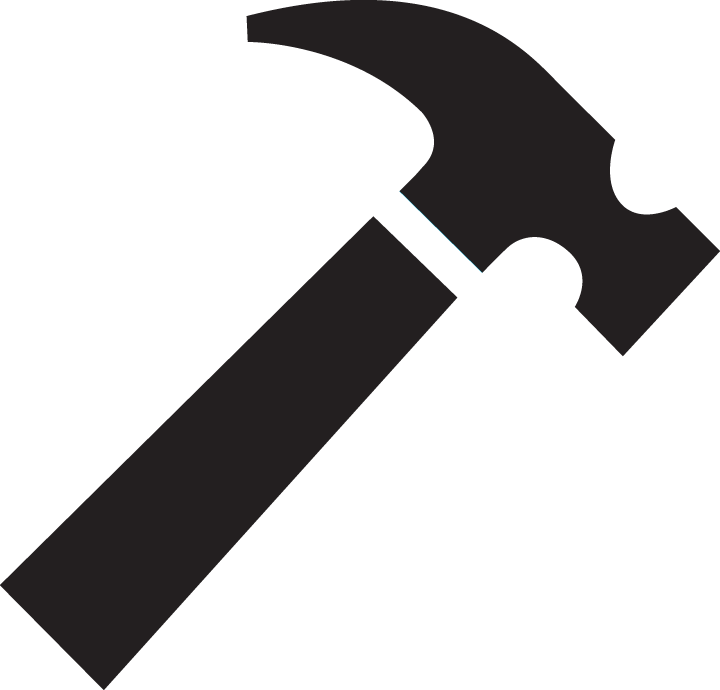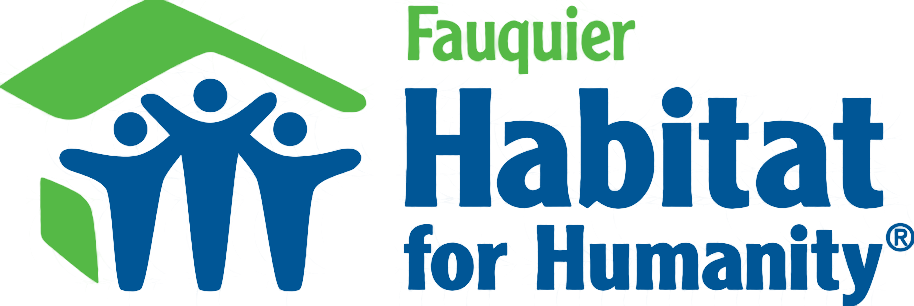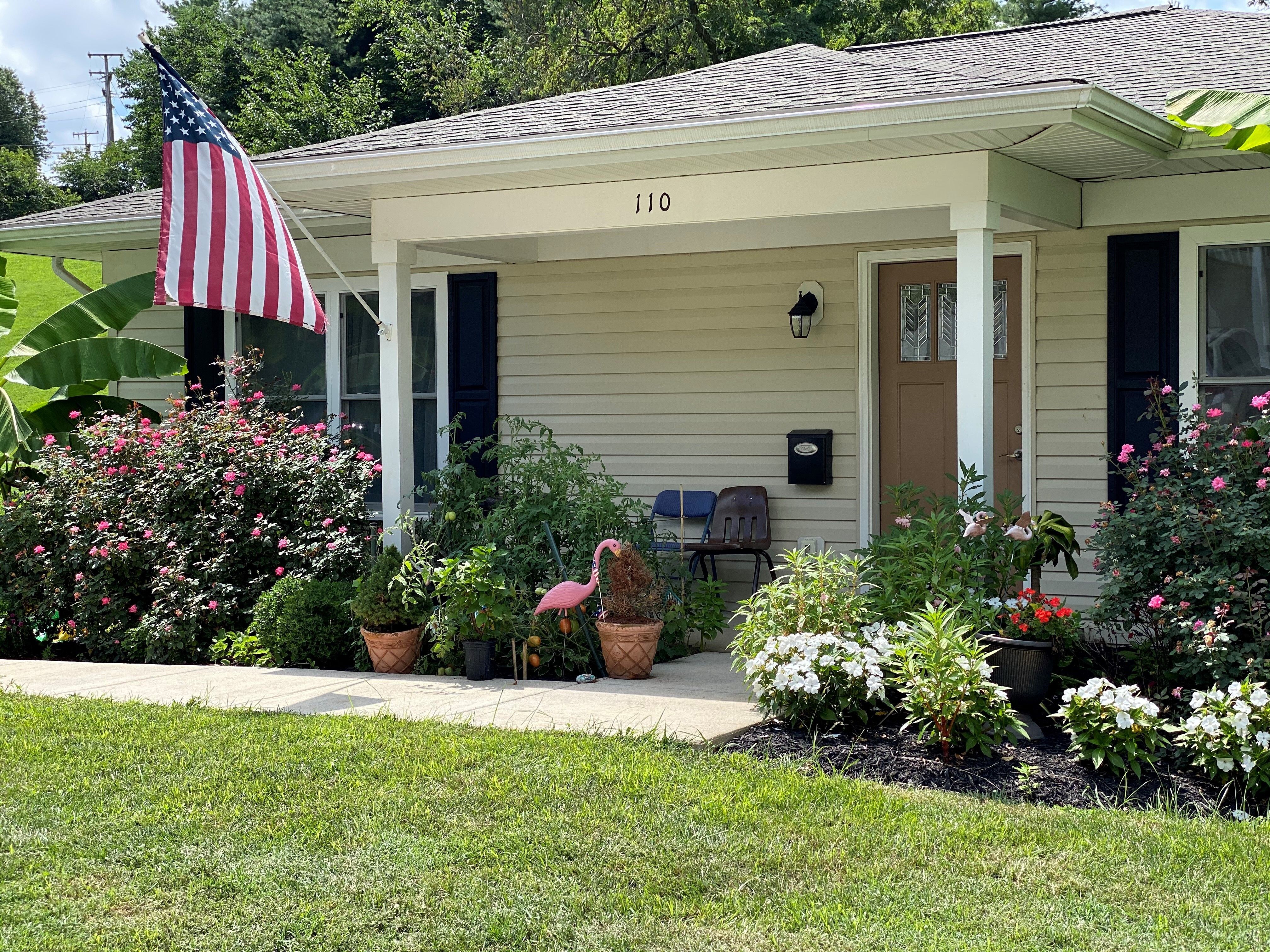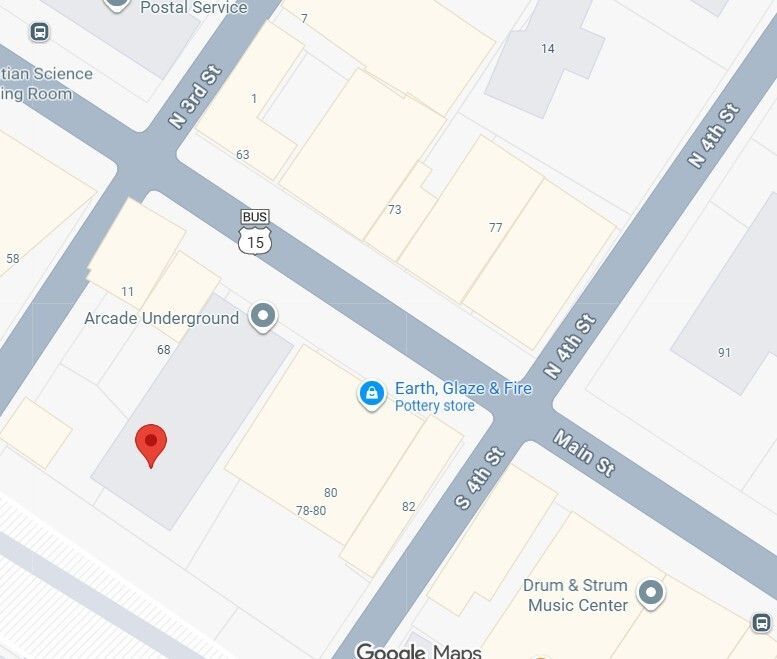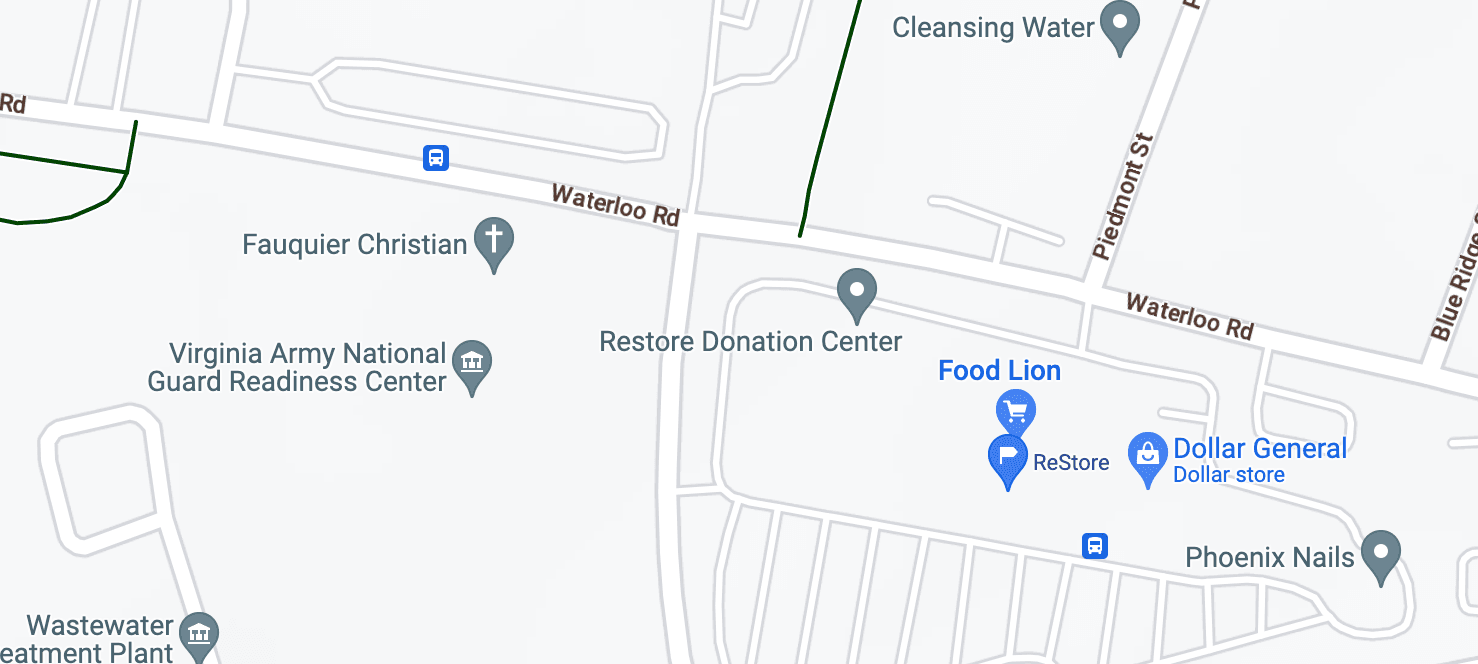Overview
Our history in Fauquier County began in 1991 to serve a growing segment of our community in need of housing assistance. Our organization was founded on the conviction that every man, woman, and child should be able to own homes in healthy neighborhoods with access to jobs, transportation, healthy food, and quality schools. We believe this should be a matter of conscience and action for all. We have continued to grow with the help of our donors and volunteers who make our mission possible. Fauquier Habitat is committed and acts with fairness, honesty, and respect for its community. We continually strive for excellence and innovation in all that we do.
Fauquier Habitat for Humanity has an open-door policy: All who believe that everyone needs a decent, affordable place to live are welcome to help with the work, regardless of race, religion, age, gender, political views or any of the other distinctions that too often divide people. In short, Habitat welcomes volunteers and supporters from all backgrounds and also serves people in need of decent housing regardless of race or religion. As a matter of policy, Habitat for Humanity International and its affiliated organizations do not proselytize. This means that Habitat will not offer assistance on the expressed or implied condition that people must either adhere to or convert to a particular faith, or listen and respond to messaging designed to induce conversion to a particular faith
Where Did It All Begin?
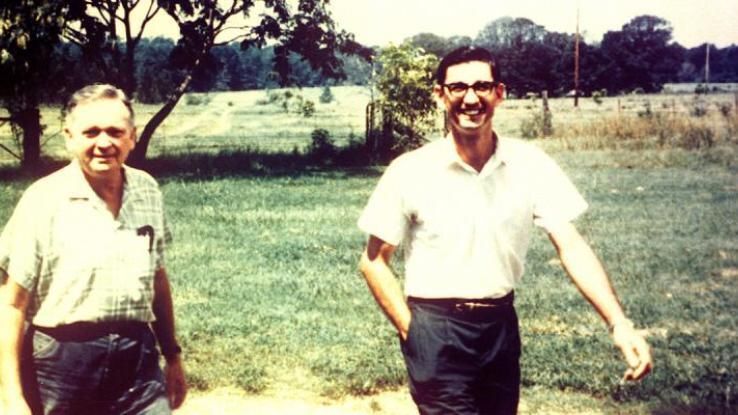
The idea that became Habitat for Humanity first grew from the fertile soil of Koinonia Farm, a community farm outside of Americus, Georgia, founded by farmer and biblical scholar Clarence Jordan.
On the farm, Jordan and Habitat’s eventual founders Millard and Linda Fuller developed the concept of “partnership housing.” The concept centered on those in need of adequate shelter working side by side with volunteers to build decent, affordable houses. The houses would be built at no profit. New homeowners’ house payments would be combined with no-interest loans provided by supporters and money earned by fundraising to create “The Fund for Humanity,” which would then be used to build more homes.
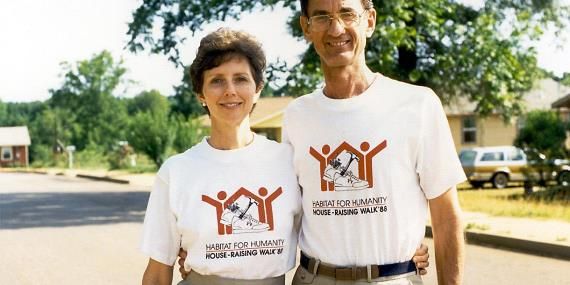
Beau and Emma were the owners of the first home built by Koinonia’s Partnership Housing Program. They and their five children moved into a concrete-block home with a modern kitchen, indoor bathroom and heating system, replacing the unpainted, uninsulated shack with no plumbing where they had previously lived.
In 1973, the Fullers decided to take the Fund for Humanity concept to Zaire, now the Democratic Republic of Congo. After three years of hard work to launch a successful house building program there, the Fullers then returned to the United States and called together a group of supporters to discuss the future of their dream: Habitat for Humanity International, founded in 1976.
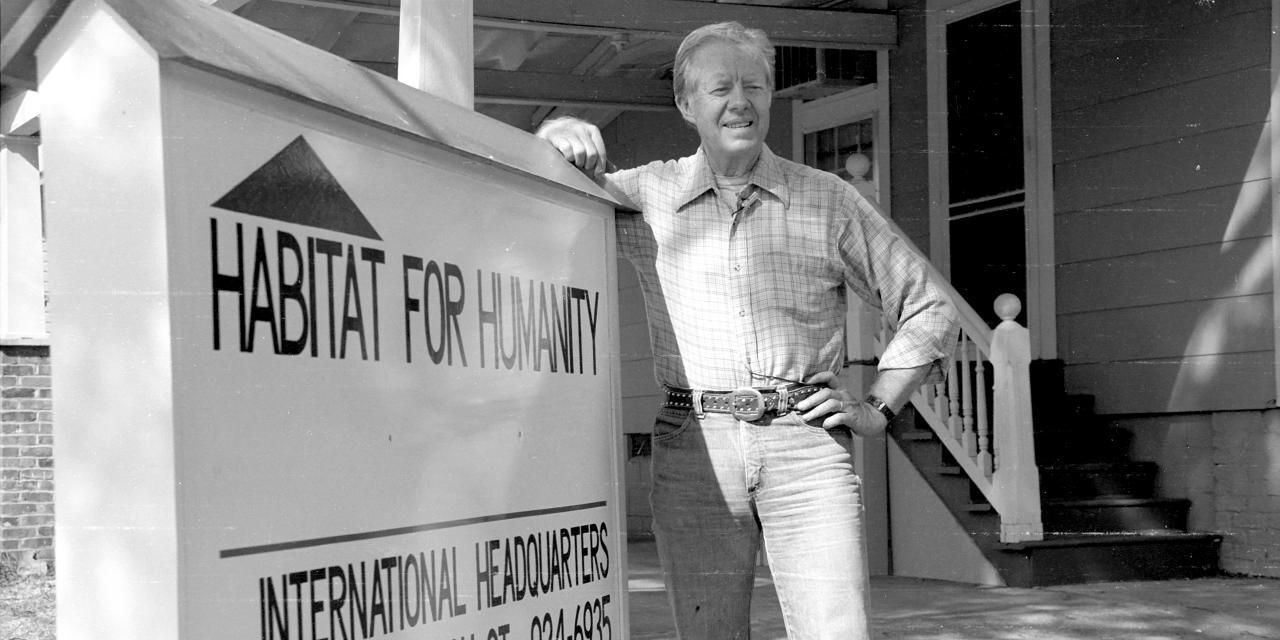
The times have changed, the build site locations have grown in number, but the very real change that Beau and Emma’s family experienced is shared by families today who partner with Habitat to build or improve a place they can call home. Thanks in no small part to the personal involvement of U.S. President Jimmy Carter and his wife Rosalynn and the awareness they have raised, Habitat now works in all 50 states in the U.S. and in more than 70 countries and has helped more than 46 million people achieve strength, stability and independence through safe, decent and affordable shelter.
Mission
Seeking to put God’s love into action, Fauquier Habitat for Humanity brings people together to build homes, community, and hope.
Mission Principles
(1) Demonstrate the love of Jesus Christ. We undertake our work to demonstrate the love and teachings of Jesus, acting in all ways in accord with the belief that God’s love and grace abound for all, and that we must be “hands and feet” of that love and grace in our world. We believe that, through faith, the minuscule can be multiplied to accomplish the magnificent, and that, in faith, respectful relationships can grow among all people.
(2) Focus on shelter. We have chosen, as our means of manifesting God’s love, to create opportunities for all people to live in decent, durable shelter. We put faith into action by helping to build, renovate or preserve homes, and by partnering with others to accelerate and broaden access to affordable housing as a foundation for breaking the cycle of poverty.
(3) Advocate for affordable housing. In response to the prophet Micah’s call to do justice, to love mercy and to walk humbly with God, we promote decent, affordable housing for all, and we support the global community’s commitment to housing as a basic human right. We will advocate for just and fair housing policy to eliminate the constraints that contribute to poverty housing. And, in all of our work, we will seek to put shelter on hearts and minds in such powerful ways that poverty housing becomes socially, politically and religiously unacceptable.
(4) Promote dignity and hope. We believe that no one lives in dignity until everyone can live in dignity. We believe that every person has something to contribute and something to gain from creating communities in which all people have decent, affordable places to live. We believe that dignity and hope are best achieved through equitable, accountable partnerships.
(5) Support sustainable and transformational development. We view our work as successful when it transforms lives and promotes positive and lasting social, economic and spiritual change within a community; when it is based on mutual trust and fully shared accomplishment; and when it demonstrates responsible stewardship of all resources entrusted to us.
Our organization is dedicated to partnering with families in need of decent, energy-efficient, and affordable starter homes. We strive to overcome religious, cultural, and racial boundaries, aiming to rebuild a sense of community with the common goal of creating strong neighborhoods and promoting dignity through homeownership. We focus on revitalizing a diverse working class by fostering locally rooted wealth.
We proudly support Fauquier and Rappahannock counties in Virginia.
Vision
A world where everyone has a decent place to live.
Habitat for Humanity International
Habitat for Humanity today operates around the globe, with more than 1,400 local affiliates in the United States and more than 70 national organizations around the world.
Habitat for Humanity was founded on the conviction that every man, woman, and child should have a simple, affordable place to live in dignity and safety and that decent shelter in decent communities should be a matter of conscience and action for all.
